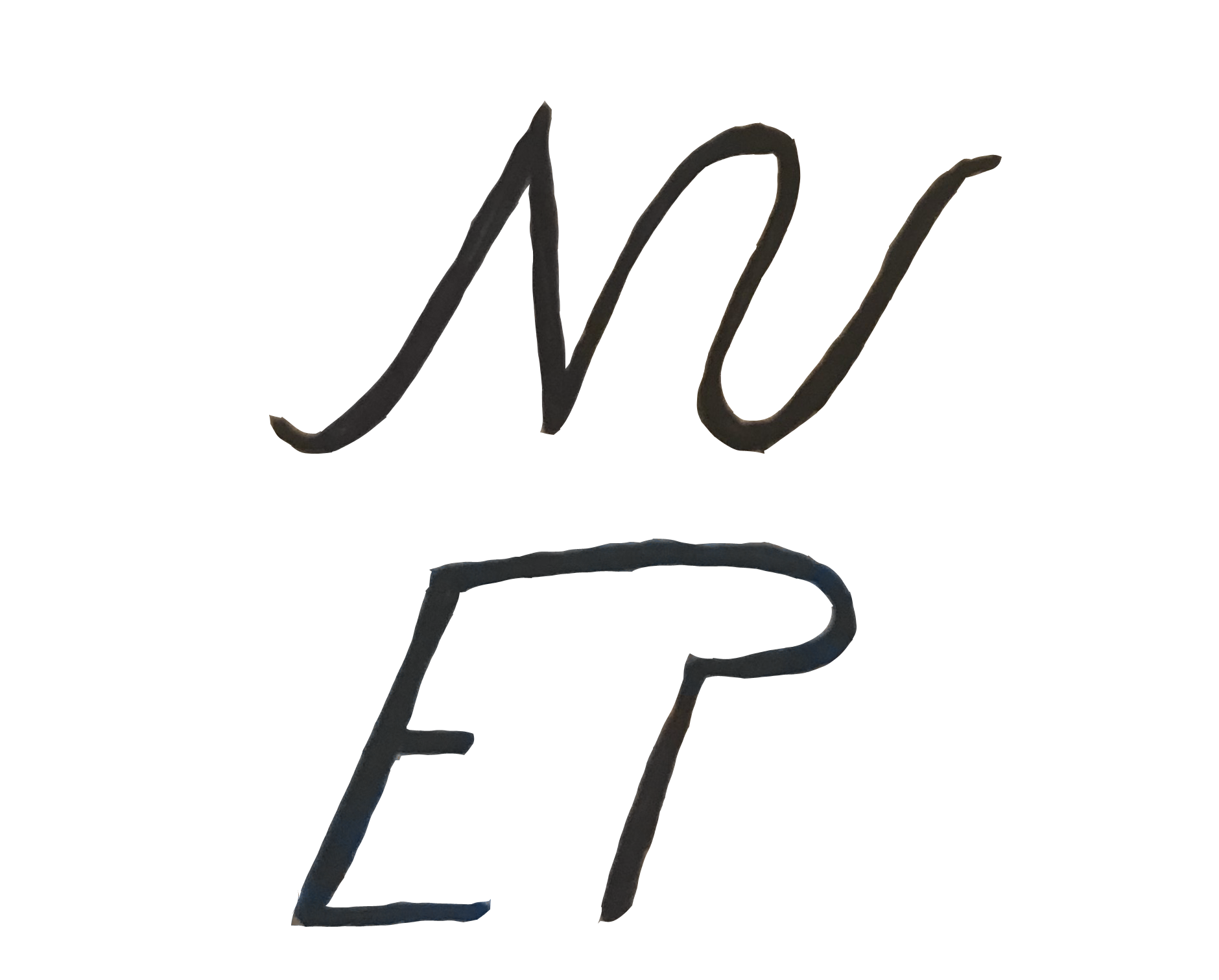Life is too short to drink crappy coffee
Ahh coffee *sigh*. The cup of joy that keeps us sane throughout the day as well as the perfect match to banana bread. It is not odd that coffee is so popular around the world, but unfortunately this demand and the size of the industry makes room for exploitation of workers and our planet, and generates a lot of waste. Take the coffee pods "K-Cups" for example. According to a survey by the National Coffee Association, nearly 1 in 5 adults drank single-cup-brewed coffee yesterday, meaning that the usage of K-Cups are the second most popular way to brew. You simply put the 2-by-2-inch pod in the coffee machine and a few seconds later Voilà! you have a cup of coffee. No cleaning. Just throw the used pod in the trash afterwards. But have you thought about the extensive amount of waste this system leads to, especially considering the fact that each of these pods only equal one single serving? In fact, in 2014 Mother Jones estimated that the K-Cups sold in 2013 alone, could wrap around the equator 10,5 times!
Out of the regular 12-ounce coffee bag, you'd be able to serve up 68 cups of coffee. Now imagine how much extra packaging that is, if you were to make 68 cups of coffee using K-Cups. For every six grams of coffee, you’re looking at about three grams of waste. This packaging will ultimately end up in landfills as it's very difficult to recycle (it's made out of several types of material, including aluminum and nonrecyclable plastic). Not to mention the coffee maker itself which is also problematic due to its plastic and metal brewing systems. In other words, K-Cups are not biodegradable. If you were to attempt to recycle the pods, you’ll have to separate the aluminum top from the plastic cup, empty the wet grounds and then find a special recycling service. "Even then, chances are the pod won’t be recycled because it’s too small", explained Darby Hoover, senior resource specialist at the Natural Resources Defense Council. So yeah, the little coffee pods that are smaller than the palm of your hand just got a hell of a lot more complicated or what?
Due to negative environmental impact Hamburg has officially banned all coffee pods (including K-Cups) from government buildings. But the packaging needed for these systems does not only come with environmental costs but also and health-related ones. If the environmental issues did not alarm you, you should know that the K-Cups also contains chemicals that can negatively influence your hormones. Several studies show that despite being BPA-free, the pods can still have harmful effects when heated. Once these plastic chemicals enter your body they can act like estrogen.
Now, moving on the the price. Environmental and health costs aside, do the coffee pods benefit your wallet? Well, no. A study by The NY Times discovered that the coffee made by your regular single serving brewing machines actually are more expensive than some of the priciest coffees sold by artisanal roasters. "For example, the Nespresso Arpeggio costs $5.70 for 10 espresso capsules, while the Folgers Black Silk blend for a K-Cup brewed-coffee machine is $10.69 for 12 pods. But that Nespresso capsule contains 5 grams of coffee, so it costs about $51 a pound. And the Folgers, with 8 grams per capsule, works out to more than $50 a pound."
So.. how can you make a positive difference when consuming coffee? There are a few things you can look out for, for example always go for fair-trade and organic certified coffee as well as zero-waste options. Start with some fairtrade beans, hand-grind them, get a reusable filter and a plastic free carafe and make sure to compost the grounds. It will take you a bit longer than a few seconds but both the planet and your body will for sure thank you. If you want to know more about how you can make a difference by changing your coffee habits, keep your eyes peeled for a more thorough article on the multiple changes you can make for the better.

